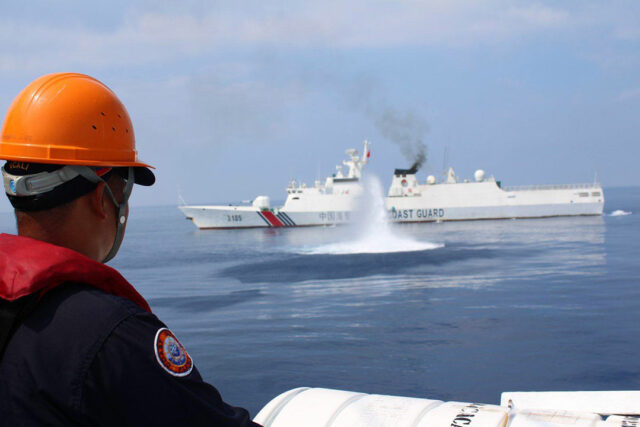Trials ongoing for three bird flu vaccines
THE Department of Agriculture (DA) said on Monday that three Avian Influenza vaccines are currently undergoing field testing.
“Three companies have been allowed by the (Food and Drug Administration) to conduct field trials… We are just waiting for the result,” Constance J. Palabrica, assistant secretary for Poultry and Swine, told reporters.
“Everything has to go through the FDA, but we are (helping) companies undertaking the trials and we will present (their results) to the FDA for approval.”
Parts of Pampanga and Nueva Ecija have active bird flu cases as of April 26, according to the Bureau of Animal Industry (BAI).
Last year, the DA cleared the commercial use of the avian flu vaccine, with priority given to commercial farms for layer chicken, layer chicken breeders, broiler chicken breeders, free-range breeders, grandparent broiler breeders, as well as smallhold layer/native chicken, duck, game fowl, turkey, and goose farms.
Commercial broiler chicken, smallhold broiler, quail, pigeon, and exotic bird farms were ineligible.
Agriculture Undersecretary Deogracias Victor B. Savellano said that the FDA and the BAI are set to sign a memorandum of agreement regarding the fast-tracking of the approval process for animal vaccines.
“Basically, the two will collaborate on how to hasten everything,” Mr. Savellano said.
He added that the BAI will harmonize its requirements with those of the FDA.
Separately, Mr. Palabrica said there is no need to ban US beef imports following reports of bird flu infecting cattle.
“I don’t think this is a big issue, the jumping of AI into cattle. Even if it jumps, especially with dairy… the avian influenza would be killed if the milk is pasteurized,” he added.
The DA has also taken over the Philippine Inter-agency Committee on Zoonoses from the Department of Health, with the Department of Environment and Natural Resources will serve as vice-chair.
The committee monitors zoonotic diseases, or those with the potential to spread from animals to humans. — Adrian H. Halili












